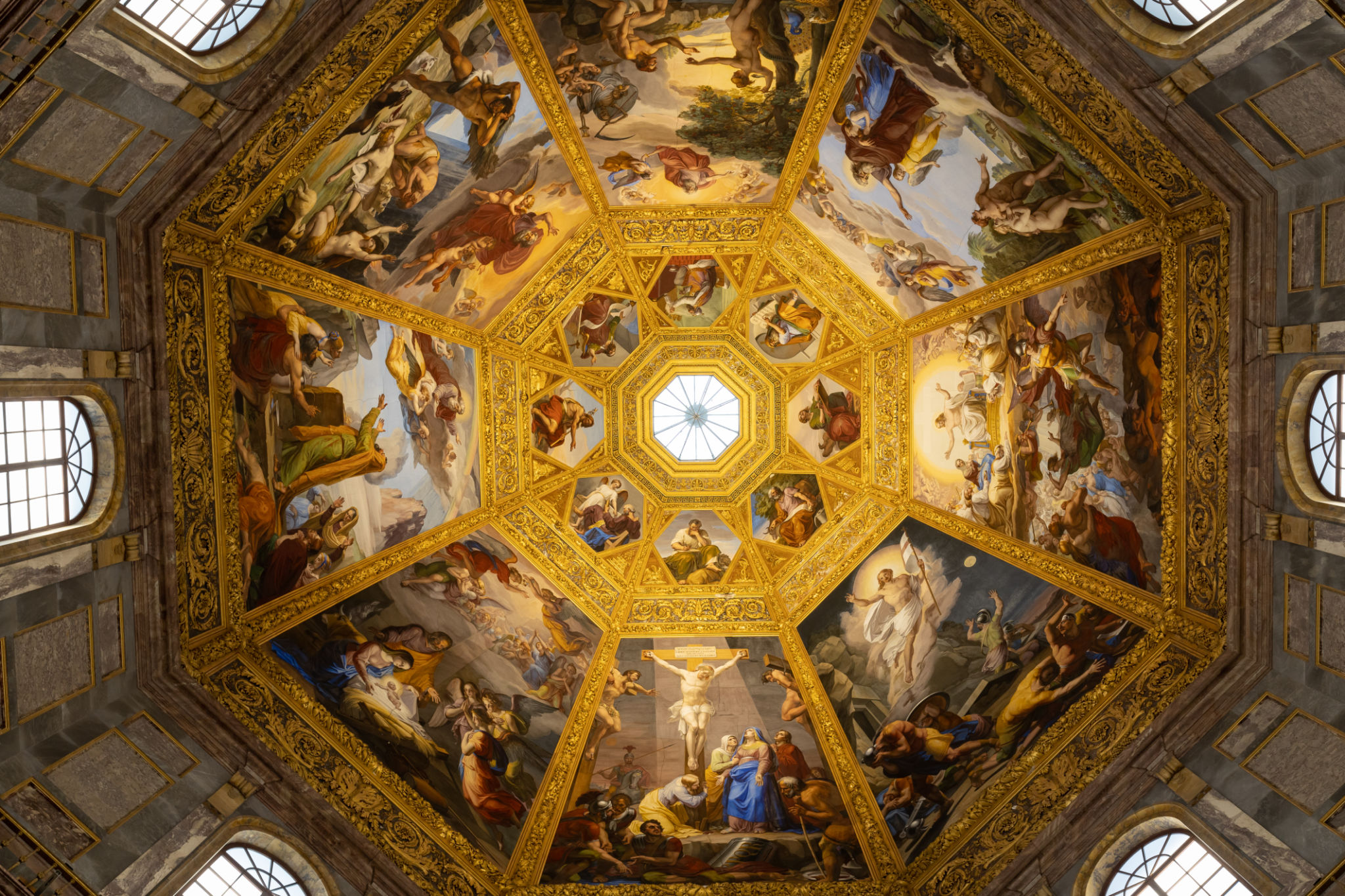Understanding Tuscan Culture: A Traveler's Guide to Customs and Traditions
Discovering the Rich Tapestry of Tuscan Culture
Tuscany, a region renowned for its picturesque landscapes and historic landmarks, is equally celebrated for its vibrant culture. For travelers seeking an authentic experience, understanding Tuscan customs and traditions is essential. This guide delves into the heart of Tuscany, offering insights into the everyday life and cultural nuances that make this region unique.
One of the most striking features of Tuscan culture is the emphasis on family and community. Tuscans cherish gatherings, whether it's a simple family dinner or a larger community festival. These events are not just about food but also about fostering connections and celebrating shared heritage.

Culinary Traditions
Tuscan cuisine is a cornerstone of the region's cultural identity. Known for its simplicity and reliance on fresh, local ingredients, Tuscan dishes reflect the agricultural abundance of the area. Staples like bread, olive oil, and wine are integral to most meals.
Visitors can enhance their culinary experience by participating in a traditional cooking class. Learning to prepare dishes such as ribollita or panzanella offers a deeper appreciation of the region's gastronomic history. **Don't miss** visiting local markets, where you can see firsthand the vibrant array of produce and artisanal products.

Festivals and Celebrations
Festivals in Tuscany are more than just events; they are a celebration of life and history. The **Palio di Siena**, a thrilling horse race held twice a year in Siena, is one of the most famous. It captures the competitive spirit and camaraderie among different districts or "contrade" of the city.
Another notable celebration is the Carnevale di Viareggio, known for its elaborate floats and parades. These festivals provide an excellent opportunity for travelers to immerse themselves in Tuscan culture and witness the locals' passion for their traditions.

Art and Architecture
Tuscany's contribution to art and architecture cannot be overstated. As the birthplace of the Renaissance, it boasts masterpieces from artists like Leonardo da Vinci and Michelangelo. The architectural splendor of Florence, Pisa, and other Tuscan cities reflects centuries of artistic achievement.
Exploring Tuscany's art scene involves visiting world-renowned galleries such as the Uffizi Gallery in Florence or the Museo dell'Opera del Duomo in Siena. Additionally, wandering through the streets offers countless opportunities to admire stunning architectural designs that define the region's aesthetic.

Language and Dialects
While Italian is the official language, Tuscany has its own distinctive dialects that add flavor to everyday interactions. Understanding even a few basic phrases can enhance your experience, as locals appreciate efforts to engage in their native tongue.
Language is a reflection of culture, and in Tuscany, it carries historical significance and local pride. Consider joining a language class or using language apps to familiarize yourself with common phrases used in daily conversation.
Conclusion: Embrace the Tuscan Way of Life
Understanding Tuscan culture goes beyond visiting famous landmarks; it's about embracing the spirit of the region through its customs and traditions. From culinary delights to vibrant festivals and timeless art, Tuscany offers a rich tapestry of experiences waiting to be discovered.
By engaging with local customs and traditions, travelers can gain a deeper connection to Tuscany's cultural heritage. Whether through language, food, or festivities, each aspect provides a window into the soul of this remarkable region.